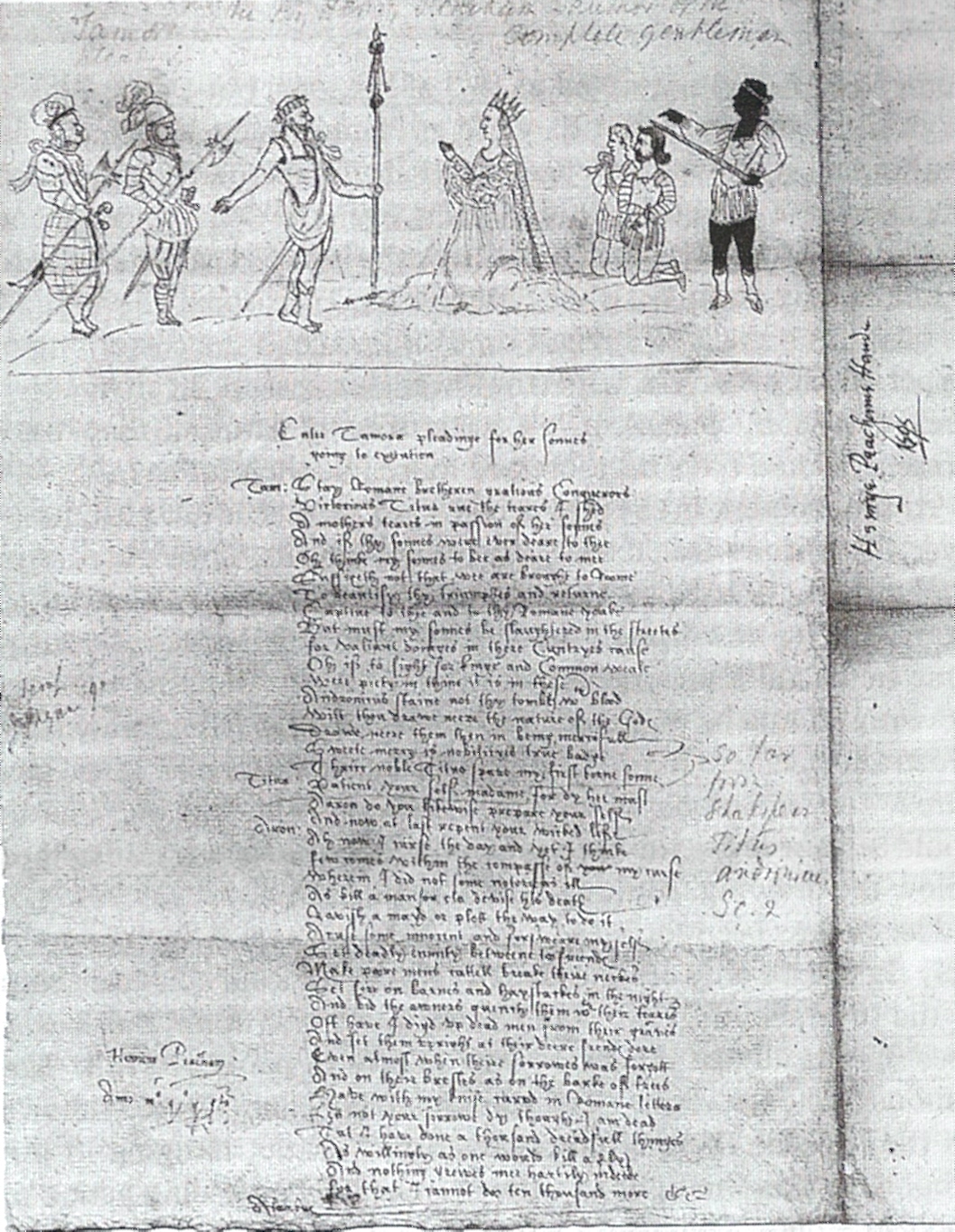A few items loosely tied together by a similar theme that passed through my mind today:
We had a guest speaker at church, and one of the Scripture readings from the evening service struck me as jarringly beautiful.
For you have not come to a mountain that can be touched and to a blazing fire, and to darkness and gloom and whirlwind, and to the blast of a trumpet and the sound of words which sound was such that those who heard begged that no further word be spoken to them. For they could not bear the command, “If even a beast touches the mountain, it will be stoned.” And so terrible was the sight, that Moses said, “I am full of fear and trembling.” But you have come to Mount Zion and to the city of the living God, the heavenly Jerusalem, and to myriads of angels, to the general assembly and church of the firstborn who are enrolled in heaven, and to God, the Judge of all, and to the spirits of the righteous made perfect, and to Jesus, the mediator of a new covenant, and to the sprinkled blood, which speaks better than the blood of Abel.
Hebrews 12.18-24
Hebrews is my favorite book of the Bible, partly because of how artistically-rich it is (the typology, metaphors and illustrations, and heavy use of Old Testament texts make it very familiar to the stuff I study every day in English), but most importantly because it does such a sophisticated job of showing us how all of history acts as a pointer to the glory of God. It's so layered: The theology we confess and the good works we practice are all signposts to the work God has done in the past and promises to do in the future. I love the above passage because it provides a glimpse of God's awe-inspiring, yet also terrifying, holiness in harmony with His unprecedented mercy, made possible in Christ. The Old Testament narratives both pale in comparison to the story of redemption, yet gain incredible significance from it.
---
I'm reading a Puritan booklet appropriately titled Stop Loving the World. Purposefully picked it up because I have been very aware of temptation surrounding me lately. It's easy to want to blend into the people around you, or put undo hope in the flattering feedback you receive on work. I've never been so aware of how easily subtle shifts in thought can undermine an entire worldview. (I've also been surprised by how effective consistent prayer is for restoring the Christian state of mind: despite being one of the most mentally-challenging semesters I've experienced, it's probably been my most peaceful one yet....there's definitely a direct relationship.) Anyway, William Greenhill lists four reasons it is foolish to invest yourself in worldly concerns, and I think I need this reminder right now:
- "It will direct you to things that are merely probable, and make you leave things that are certain." (16)
- "Supposing we do get the world with our endeavors, we cannot keep it without fear of losing it." (17)
- "Supposing we do get the things of the world and are able to keep them, they will not satisfy our souls." (17)
- "Loving the world directs us toward the worst things. All the things of the world are perishing, but the things of God are durable." (19)
It's a bit of a throwback to Boethius and his similar caution against setting your hope in things that will inevitably let you down (i.e. everything not God). Just like Hebrews, we are confronted with what is here now, and what is better, later.








